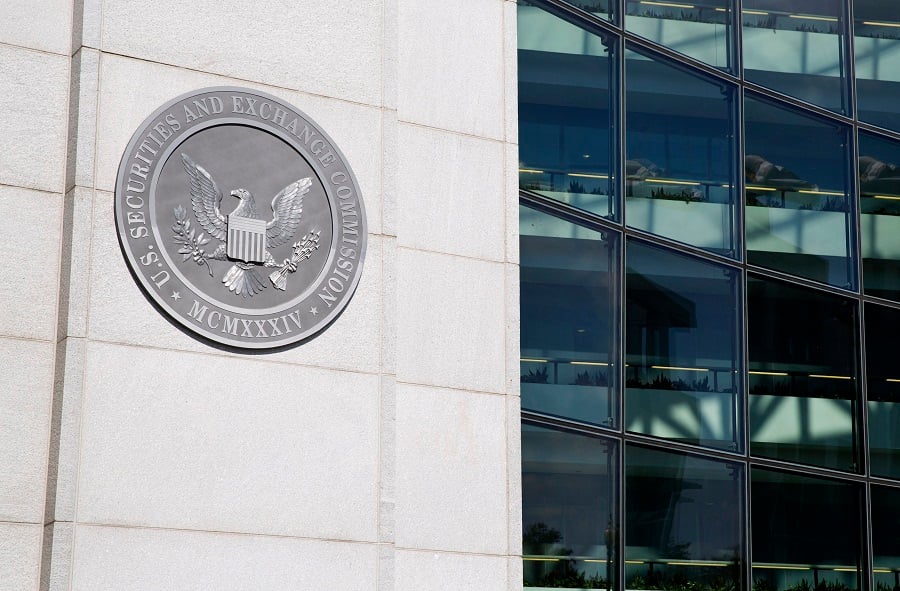The U.S. Securities and Exchange Commission was ruled to have probably overstepped its constitutional authority by tapping an in-house administrative judge to preside over an insider-trading case.
U.S. District Judge Leigh Martin May's decision Monday that the SEC may not have the authority to divert such cases from regular courts halted its action against a Georgia real-estate developer. Charles Hill was accused of profiting from trades made after he received a tip from a friend. He sued in Atlanta federal court to block the administrative action.
(More: "After Dodd-Frank, SEC relying more on own judges")
Ms. May said the SEC's appointment of an in-house judge, James Grimes, in Mr. Hill's case was “likely unconstitutional.” The Constitution requires that judges be appointed by the president, a department head or the judiciary, Ms. May said.
The SEC's use of administrative proceedings for enforcement actions has drawn increasing scrutiny from securities lawyers in recent months. Critics of the process say it is unfair because the administrative law judges are hired by the SEC, and defendants don't have the same opportunity to uncover evidence in their favor as they would in federal court.
SEC HEADACHES
The ruling will create future headaches for the agency when it comes to deciding which cases can be heard through the administrative system rather than in courts, said Jacob Frenkel, a former SEC enforcement lawyer who has raised similar constitutional issues with the agency on behalf of his clients.
“This ruling has jarring implications for the SEC because it's the first time a judge has embraced constitutional challenges to the ALJ system,” said Mr. Frenkel, now in private practice in Washington. “The question is whether the SEC has the power under the law to appoint these administrative judges and delegate the authority to them to decide these cases. That remains an open question.”
The Constitution requires such officials be properly appointed by the president, courts or the agency, but questions have been raised as to whether the SEC has the right to delegate power to such nonjudicial officers, Mr. Frenkel said. “Congress could easily fix this problem through legislation, but it has not yet done so,” he added.
(More: "Banner year for enforcement, SEC's Andrew Ceresney says")
The insider-trading case against Mr. Hill stems from the SEC's claims he illegally reaped $744,000 in profits from a tip that Radiant Systems Inc., which makes customer-service sales equipment and software, was set to be acquired by NCR Corp. for $1.2 billion in 2011.
While Mr. Hill's lawsuit is pending, Monday's decision bars the administrative action against him from proceeding with a judge who doesn't meet the constitutional appointment requirement.
Judy Burns, an SEC spokeswoman, said the agency is reviewing Monday's decision.
PATRIARCH'S TILTON
Lynn Tilton
sued the SEC in April claiming its pursuit of fraud claims against her and her firm Patriarch Partners violates the Constitution. The distressed debt manager is seeking to move the SEC's case into federal court.
The SEC prevailed in April against a former Standard & Poor's official who made similar claims against the internal proceeding.
Barbara Duka, who was co-head of S&P's commercial mortgage-backed securities unit, argued SEC hearing officers are unconstitutionally protected from removal by the president. She argued that violated the separation of powers.
In April, U.S. District Judge Richard Berman in Manhattan ruled Ms. Duka failed to show she was likely to win on her claim.







